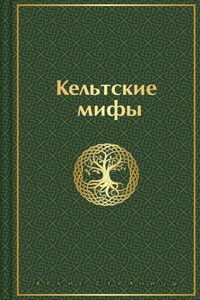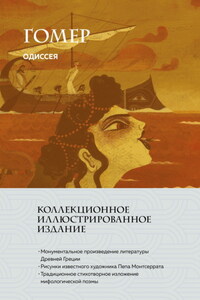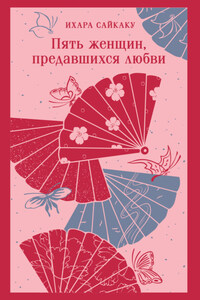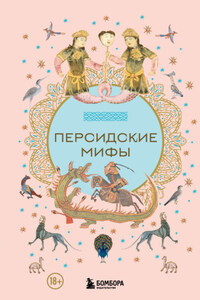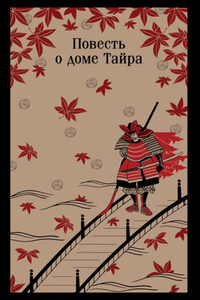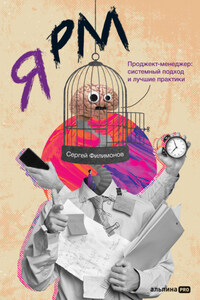CHAPTER I.
A DISCONTENTED BEAUTY
"Leone," cried a loud voice, "where are you? Here, there, everywhere, except just in the place where you should be."
The speaker was a tall, stout, good-tempered looking man. Farmer Noel people called him all over the country-side. He stood in the farmyard, looking all the warmer this warm day for his exertions in finding his niece.
"Leone," he cried again and again.
At last the answer came, "I am here, uncle," and if the first voice startled one with its loudness, this second was equally startling from its music, its depth, its pathos.
"I am here, uncle," she said. "I wish you would not shout so loudly. I am quite sure that the people at Rashleigh can hear you. What is it that you want?"
"Have you made up the packets of wheat I asked you for?" he said.
"No," she replied, "I have not."
He looked disappointed.
"I shall be late for market," he said. "I must do them myself."
He went back into the house without another word. He never reproached Leone, let her do what she would.
On Leone's most beautiful face were evident marks of bad temper, and she did not care to conceal it. With a gesture of impatience she started forward, passed over the farmyard and went through the gate out into the lane, from the lane to the high-road, and she stood there leaning over the white gate, watching the cattle as they drank from the deep, clear pool.
The sun shone full upon her, and the warm, sweet beams never fell on anything more lovely; the only drawback to the perfection of the picture was this: she did not look in harmony with the scene – the quiet English landscape, the golden cornfields, the green meadows, the great spreading trees whereon the birds sung, the tall spire of the little church, the quaint little town in the distance, the brook that ran gurgling by.
She looked out of harmony with them all; she would have been in perfect keeping had the background been of snow-capped mountains and foaming cascades. Here she looked out of place; she was on an English farm; she wore a plain English dress, yet she had the magnificent beauty of the daughters of sunny Spain. Her beauty was of a peculiar type – dark, passionate, and picturesque like that of the pomegranate, the damask rose or the passion-flower.
There was a world in her face – of passion, of genius, of power; a face as much out of place over the gates of a farm as a stately gladiolus would be among daisies and buttercups. An artist looking for a model of some great queen who had conquered the world, for some great heroine for whom men had fought madly and died, might have chosen her. But in a farmyard! there are no words to tell how out of place it was. She stood by the gate holding the ribbons of her hat in her hand – beautiful, imperious, defiant – with a power of passion about her that was perhaps her greatest characteristic.
She looked round the quiet picture of country life with unutterable contempt.
"If I could but fly away," she said; "I would be anything on earth if I could get away from this – I would not mind what; I would work, teaching, anything; the dull monotony of this life is killing me."
Her face was so expressive that every emotion was shown on it, every thought could be read there; the languid scorn of the dark eyes, and the proud curves of the daintily arched lips, all told of unconcealed contempt.
"A farm," she said to herself; "to think that when the world is full of beautiful places, my lot must be cast on a farm. If it had been in a palace, or a gypsy's camp – anywhere where I could have tasted life, but a farm."
The beautiful restless face looked contemptuously out on the green and fertile land.
"A farm means chickens running under one's feet, pigeons whirling round one's head, cows lowing, dogs barking, no conversation but crops – "
She stopped suddenly. Coming up the lane she saw that which had never gladdened her eyes here before; she saw a gentleman, handsome and young, walking carelessly down the high-road, and as he drew near, another gentleman, also handsome, but not quite so young, joined him.
They came laughing down the high-road together, but neither of them saw her until they reached the great elm-tree. The sight of that wondrous young face, with its rich, piquant beauty, startled them. One passed her by without a word, the other almost stopped, so entirely was he charmed by the lovely picture. As he passed he raised his hat; her beautiful face flushed; she neither smiled nor bowed in return, but accepted the salute as a tribute to her beauty, after the same fashion a queen acknowledges the salutes and homage of her subjects.
With one keen glance, she divided him from his companion, the man who had not bowed to her. She took in that one glance a comprehensive view. She knew the color of his eyes, of his hair, the shape of his face, the peculiar cut of his clothes, so different to those worn by the young farmers; the clustering hair, the clear-cut face, the delicate profile, the graceful ease of the tall, thin figure, were with her from that moment through all time.

